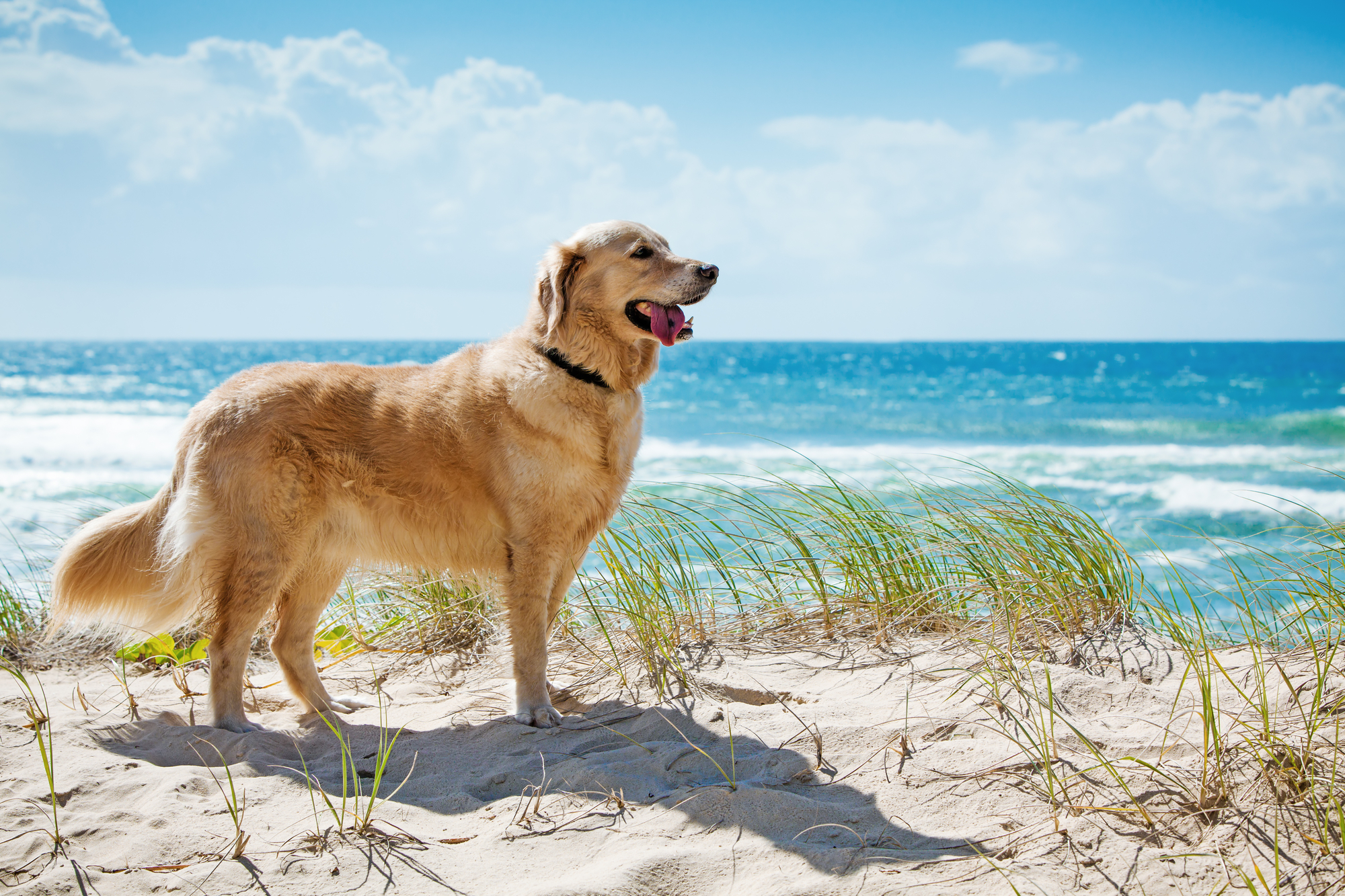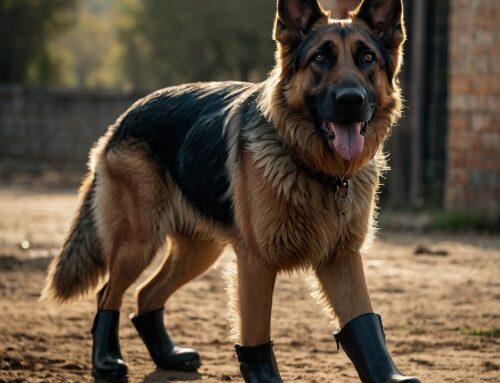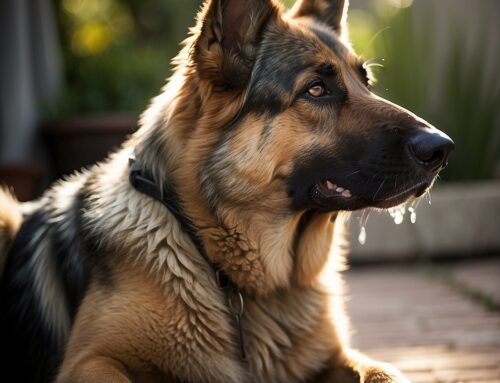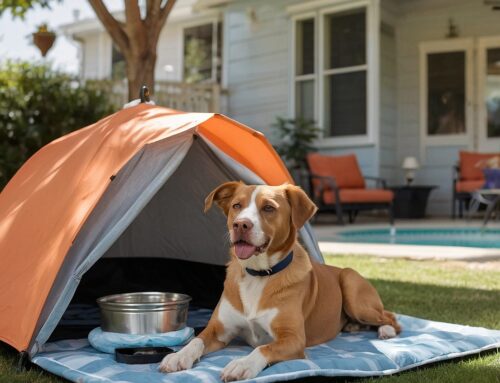Summer is almost here, and you may already be starting to envision lazy, fun, relaxing days at the beach. As long as you’re going to the beach, why not bring your dog(s) along, so they can play and be entertained too? Most dogs love the beach as much as you do, but if you’re planning on bringing your pup to the beach, there are a few practical tips to keep in mind that we’ve outlined for you in a little list:
- Make Sure Your Dog Is Obedience-Trained
Beaches can be very crowded places, with a great number of distractions. Dogs can easily get caught up with strangers, other animals (you likely won’t be the only person with a dog on the beach) and the expansive natural surroundings.
Make sure your dog is obedient enough, especially when it comes to returning to you when you call their name (this is known as reliable recall) that he or she will stay with you and not wander off.
Obedience training will also help them to not threaten or be threatened by other dogs, not eat food that’s off-limits (like discarded waste or parts of other people’s picnics) and not get in trouble with wave undertow, jellyfish, stingrays or other beach hazards.
If your dog is uncomfortable around people or other dogs, you might want to visit the beach during a quiet time, such as an early weekday morning or in the off-season.
- Be Sure the Beach You Visit Is Dog-Friendly
Not every beach permits dogs. Some only allow dogs during certain hours or on certain days (or during particular seasons), so be sure to check in advance what the rules are. Otherwise, you may be asked to leave or be issued a fine for bringing your pooch — even if they’re on a leash.
- Take Extra Leashes
Speaking of leashes, many (but not all) beaches require dogs to be leashed. Some even have rules about the permissible lengths of leashes. So bring enough leashes so that even if you misplace one or leave one in your car or elsewhere, you’ll still have a spare you can use.
- Take Along Bags for Poop
No one wants to step in dog poo when they’re strolling along the beach. After a long car ride or a big meal on the boardwalk, it’s to be expected that your dog will want to go to the bathroom, so plan ahead with bags, and be courteous to others who want to enjoy the beach just as much as you do.
- Bring or Have Access to Plenty of Fresh Water
No, your dog can’t drink the ocean water. Why? Because ocean water isn’t good for dogs; too much of it can lead to doggy diarrhea, vomiting and dehydration. Instead, bring along some bottled water (or ask for some or buy a few bottles at the beach if you know it’s going to be there) so your pup can stay hydrated.
- Make Sure Your Dog Has Enough Shade
Running around or just lying in the sand with the blazing sun overhead can overheat your dog and lead to heat exhaustion or heat stroke. Every year, thousands of dogs become very ill from heat-related conditions, so take along an umbrella, a canopy or other device (unless there’s natural shade) so your dog has a way to stay out of the harsh sun.
- Pack Dog Sunscreen
Yes, it’s possible for dogs to get sunburned! In fact, all the risks of sun exposure that apply to humans (sunburn, blisters, skin cancer) apply to dogs as well, so be sure to get sunscreen that’s specifically made for canines, and make sure your pups (especially if they’re lighter-colored) are protected. (Always use dog-specific sunscreen, as human sunscreens can contain zinc oxide, PABA and other chemicals that can be harmful for dogs to lick and ingest.)
- Protect Your Dog’s Feet
Sand is just one potential hazard on the beach that can harm your dog’s feet if it’s too hot or coarse. There are also sharp seashells, broken glass and other hazards that can injure your dog’s paws. It may be prudent to avoid certain areas of the beach and/or to go for a walk or run only on wet sand.
If you do go for a walk or run with your dog, you can either use dog booties or apply paw wax to your pup’s paw pads to protect them from the natural and man-made elements. There are also paw and skin soothers on the market made to heal and treat your dog’s rough, chapped, dry, cut or burned paws and skin; these are great, practical items to take with you.
- Consider a Life Vest for Your Dog
If you’re going to let your dog play in the water, a life vest could literally be a lifesaver if they get carried out to deeper waters. Just as with humans (especially kids), this is a real danger that should be considered. Always check with a lifeguard about wave and surf conditions before letting your dog swim.
- Dry Your Dog’s Ears
Some dogs are naturally prone to ear infections. Leftover moisture from an ocean swim can become a breeding ground for bacteria. Use a cotton wipe or a piece of gauze to gently dry your dog’s ear flaps and around the opening of their ear canals after they take a dip.
- Bring Along a First-Aid Kit
While beach times are usually fun times, there are hazards as outlined above, and it’s always better to be safe than sorry. If you haven’t yet made a doggy First Aid Kit, here are some basic items to include for putting one together:
- Gauze pads
- Cotton balls
- Liquid bandages for pets
- Styptic powder (a clotting agent)
- Vet wraps
- Adhesive tape
- Scissors
- Tweezers
- Dog tick remover
- Hydrogen peroxide
- Antibiotic ointment
- Saline solution
- A mini water bottle
- A portable water bowl
- An ice/heat pack
- An oral syringe
- Benadryl
- Disposable gloves
- A towel
- A copy of your vet records
- An extra leash
A First Aid kit is good to have for all trips you take with your pup!
- Wipe Sand Out of Your Dog’s Face
If your dog likes to dig in the sand, they may wind up with plenty of the stuff stuck to their faces and may need a quick cleanup now and then to keep it out of their eyes, ears and mouth. Be sure not to let your dog eat sand, as it can block their intestines and cause an impaction.
- Your Dog WILL Get Sand in Your Car
No matter how much cleaning you do, it’s likely inevitable that your pup will track some sand into your car. You can use a car hammock to try and limit where this sand goes, but be prepared to do a little cleaning or vacuuming later.
- Give Your Dog a Bath After a Long Day at the Beach
Both sand and salt can stick to your dog’s body and irritate the skin. On your way home, stop by a self dog wash. They will have all the supplies and water pressure hoses you need to remove all of the “beach stuff.”
- Take Plenty of Photos!
Beach trips make great memories, so don’t be shy with your camera! Capture your dog in action and having fun so you can look back at these good times until your next beach adventure.








